BMW deploying iX5 Hydrogen pilot fleet
Green Car Congress
JUNE 29, 2023
After four years of development work, the BMW iX5 Hydrogen vehicle and its development project are entering its next phase as the first vehicles enter a pilot fleet of less than 100 vehicles. The BMW iX5 Hydrogen developed on the basis of the current BMW X5 was first unveiled as a concept at the IAA show in 2019.

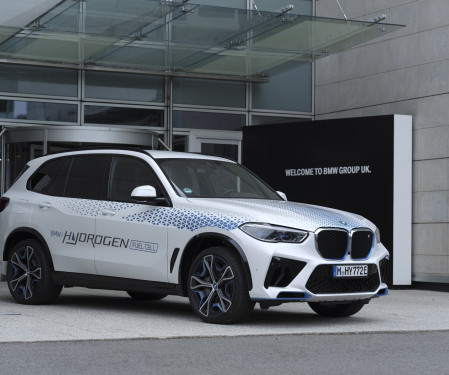
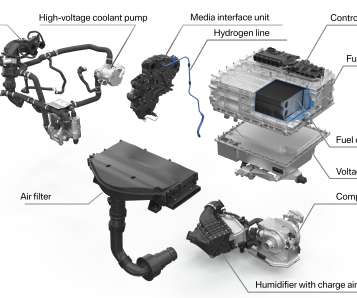






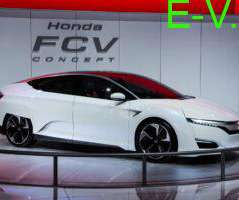



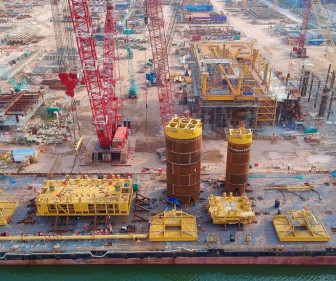

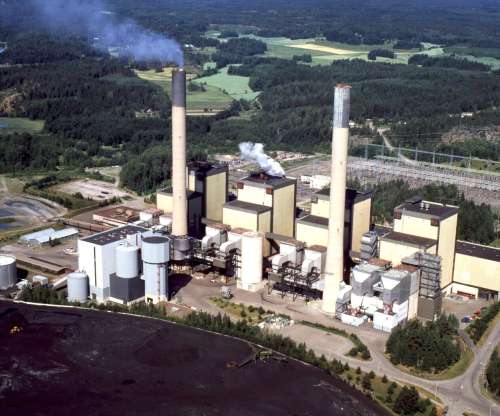






















Let's personalize your content